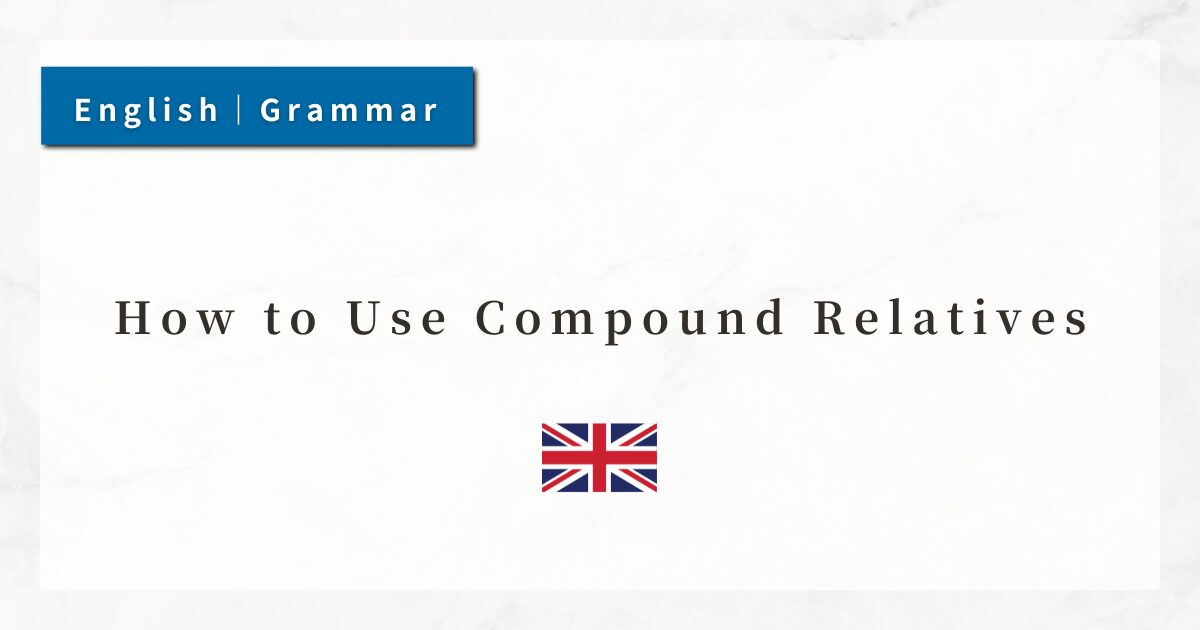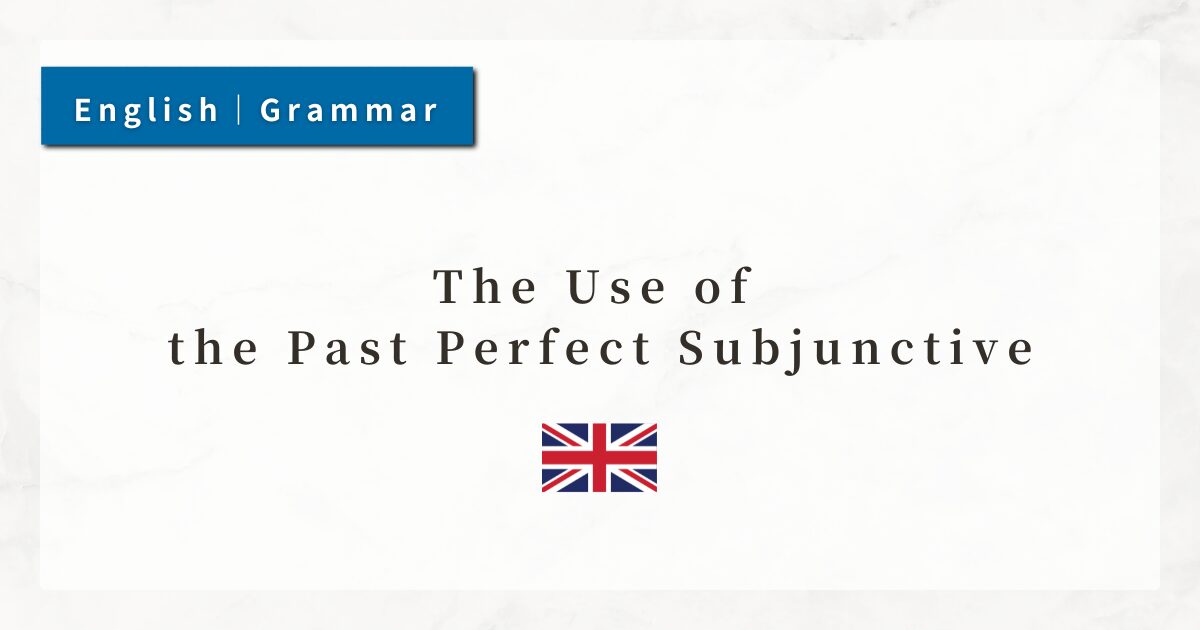#61 How to Use Compound Relatives|Usage of whoever, whatever, whichever, and More

In English, when I want to express ideas such as “anyone who does ~” or “whatever does ~,” I use compound relatives.
A compound relative is formed by adding -ever to a relative pronoun or relative adverb. These words function as nouns or adverbs within a sentence, while also carrying an inclusive meaning such as “whoever does ~” or “whatever happens.”
In this lesson, I will explain the main types of compound relatives and their usage with specific examples.
1. Basics of Compound Relatives
Compound relatives express a comprehensive meaning such as “anything that ~” or “anyone who ~,” without restricting the reference to a specific subject.
The main forms are as follows:
- whoever (anyone who ~ / no matter who ~)
- whatever (anything that ~ / no matter what ~)
- whichever (no matter which ~)
- wherever (no matter where ~)
- whenever (t any time ~)
- however (no matter how ~)
These are formed by combining a relative pronoun or “adverb + ever,” and they serve a variety of functions in a sentence, such as subject, object, or modifier.
2. Whoever
Whoever means “anyone who ~” or “no matter who ~.” It can be used both as a subject and as an object.
- Whoever wins the game will represent our school.
- I’ll help whoever needs support.
Whoever has nearly the same meaning as “anyone who ~,” but it sounds more natural and concise.
3. Whatever
Whatever means “anything that ~” or “no matter what ~.” It refers to things or events.
- Take whatever you want from the fridge.
- Whatever happens, I’ll stand by you.
Phrases such as “whatever happens” or “whatever you say” are commonly used in everyday conversation.
4. Whichever
Whichever means “any one among several choices” or “no matter which.” It expresses the idea that any option is acceptable.
- Choose whichever seat you like.
- Whichever team wins, it will be a great game.
Using whichever allows me to express conditions or concessions in a concise way.
5. Wherever
Wherever means “at any place ~” or “no matter where ~.” It expresses inclusiveness without limiting the location.
- Sit wherever you like.
- I’ll follow you wherever you go.
Expressions like “wherever you go” or “wherever we are” are frequent in everyday conversation.
6. Whenever
Whenever means “at any time ~.” It emphasizes that there is no restriction regarding time.
- Come and see me whenever you want.
- Whenever I see him, he’s reading a book.
Because it carries the convenient meaning of “any time,” it is widely used in daily conversation.
7. However
However means “in whatever way ~” or “no matter how ~.” It is used to emphasize method or degree.
- Do it however you like.
- However hard she tried, she couldn’t pass the test.
In particular, the pattern “however + adjective/adverb” (no matter how ~) appears frequently in exams and reading comprehension.
8. Summary
- Compound relatives are formed by adding -ever to relative pronouns or relative adverbs, expressing meanings like “no matter ~” or “anything/anyone that ~.”
- whoever: anyone who ~
- whatever: anything that ~ / no matter what ~
- whichever: no matter which ~
- wherever: at any place ~
- whenever: at any time ~
- however: no matter how ~






